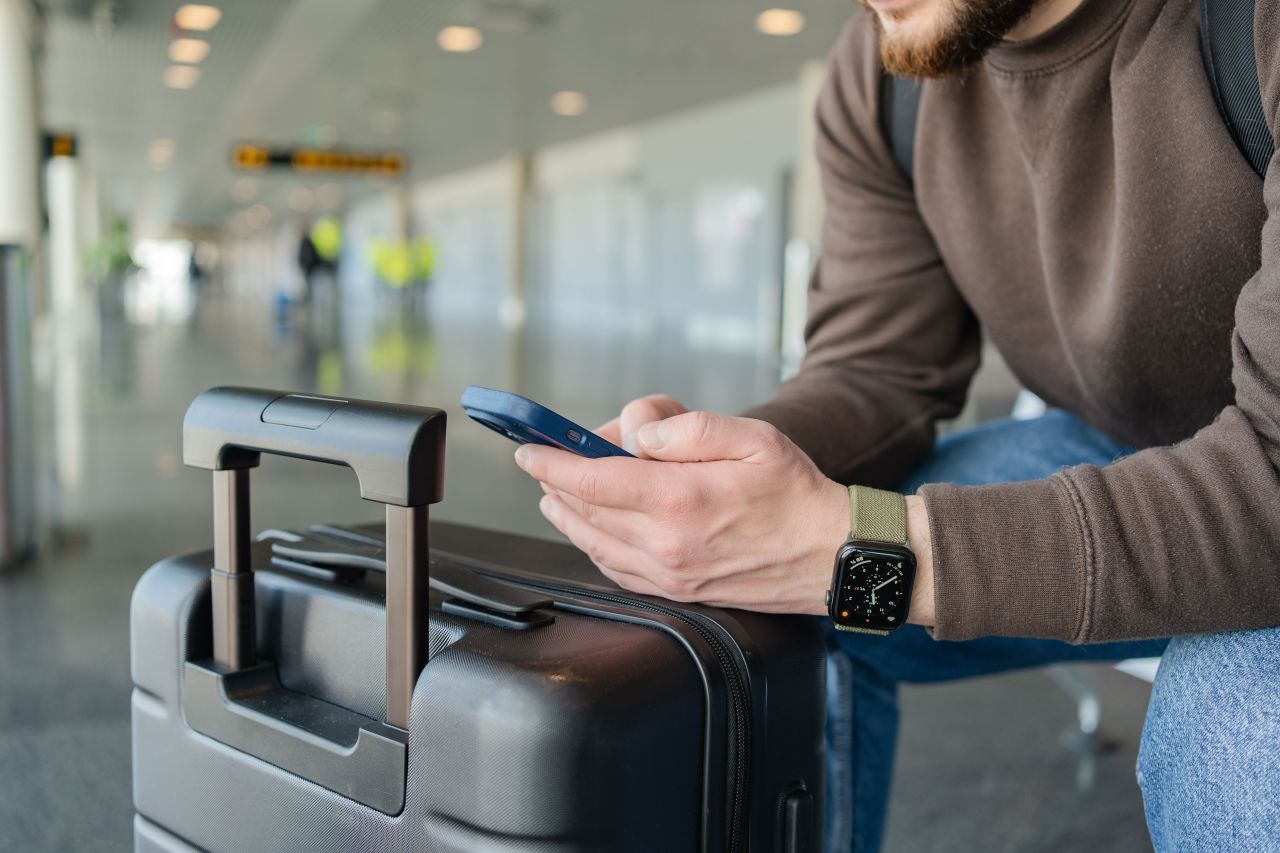Free airport Wi-Fi? Think again: fake networks are targeting travellers
Earlier this month, a Malaysian passenger waiting for a connecting flight in Bangkok did what most of us would do – looked for some free Wi-Fi. He found a network called ‘Free Airport WiFi’ and connected without thinking twice. Minutes later, things got weird. His phone started pinging with notifications – warnings of credit card charges in Singapore, receipts for luxury handbags, PayPal security codes. You get the idea.
Turns out, the ‘Free Airport WiFi’ wasn’t official at all. It was a fake network set up to trick tourists. And he wasn’t the only one who got caught out – other travellers in the same terminal reported stolen credit card details, passport photos and even intercepted visa documents.
How the scam works
Criminals set up Wi-Fi networks with names that sound legit, like ‘Free Airport WiFi’ or ‘Airport Guest’. Once you connect, they can potentially get access to everything you're doing on your phone – that includes passwords, bank details, photos, documents and any info you’re typing in.
How to protect yourself
It might feel like a faff, but the safest thing you can do is ask airport staff for the exact name of the official Wi-Fi – or check if it’s listed on an info screen or sign.
If a network doesn’t need a password or just connects you instantly without a login page, that’s a red flag.
While you’re connected to airport Wi-Fi, try to avoid doing anything sensitive – don’t make purchases that require entering your card details, don’t open important documents and definitely don’t log into your bank.
Using a VPN can also help keep things more secure – especially when you’re not sure who’s really behind the network.
A sneakier version of the scam: the ‘Evil Twin’ trick
There’s an even sneakier version of this scam called the ‘Evil Twin’. In this case, scammers set up a Wi-Fi network with exactly the same name as the official one. Since most phones and laptops automatically reconnect to familiar networks, unsuspecting travellers might get hooked onto the fake one without ever noticing.
And that’s what makes it so dangerous – the scammers don’t need to trick you into clicking anything. Your device does the work for them.
These fake networks aren’t just showing up in airports either – they’ve been spotted in cafés, hotels and even on planes. All scammers need is a small bit of kit to create a convincing network and copy the look of a login page.
If you type in your details or just casually browse while connected, there’s a risk your passwords, banking info or documents could be stolen – and the worst part? You might never even realise it happened.

